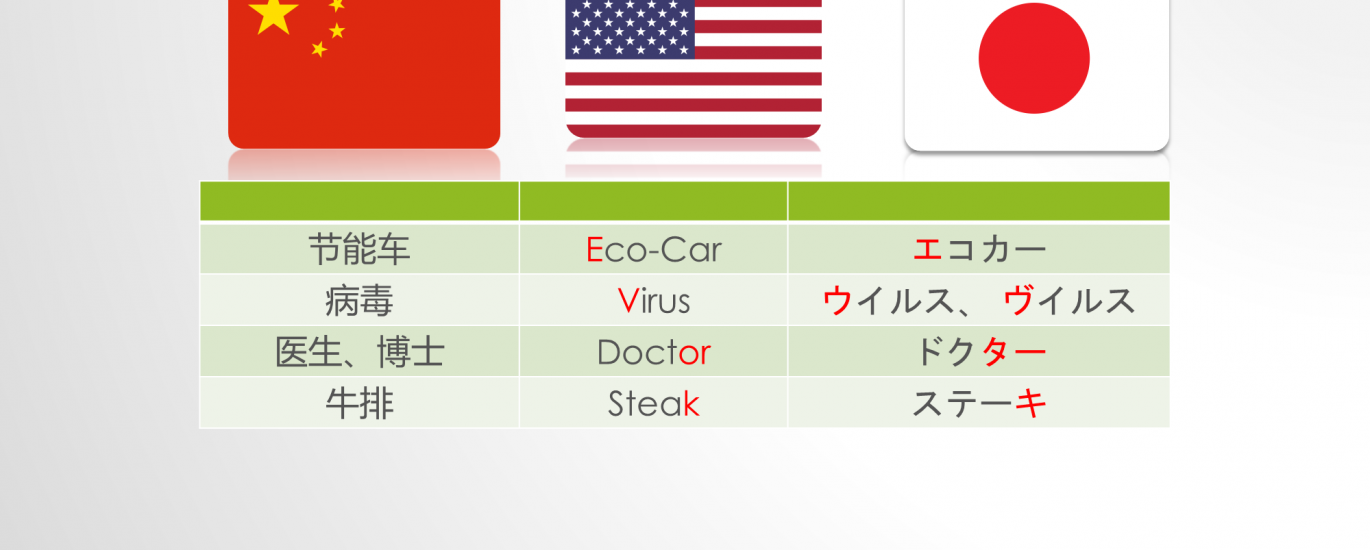



The assimilation of English words into Japanese Katakana has left an indelible mark on the language, though not without intriguing transformations in pronunciation. As they found their place within the Japanese lexicon, some words underwent alterations due to the absence of equivalent sounds, necessitating creative adaptations. Other changes arose from the distinct interpretation of alphabet pronunciation, notably the “e” sound. This captivating episode of linguistic exchange accentuates the disparities between English words and their Japanese Katakana counterparts, shedding light on the dynamic nature of language evolution. Such cultural cross-pollination exemplifies how languages, like living organisms, adapt and grow, creating a diverse tapestry of communication and fostering mutual understanding between different cultures. Ultimately, the journey of these words reflects the ever-evolving nature of language and the enduring interplay between global influences and local contexts.
Podcast: Play in new window | Download